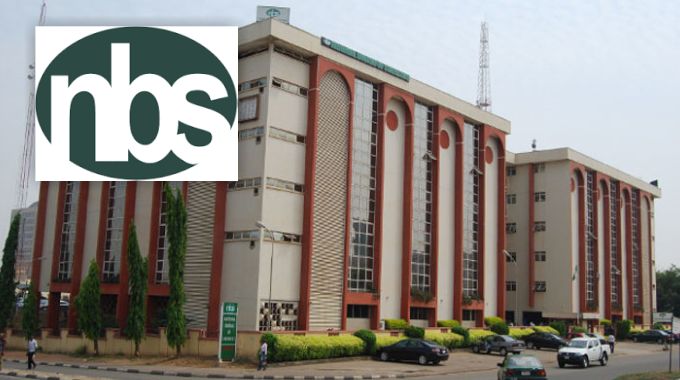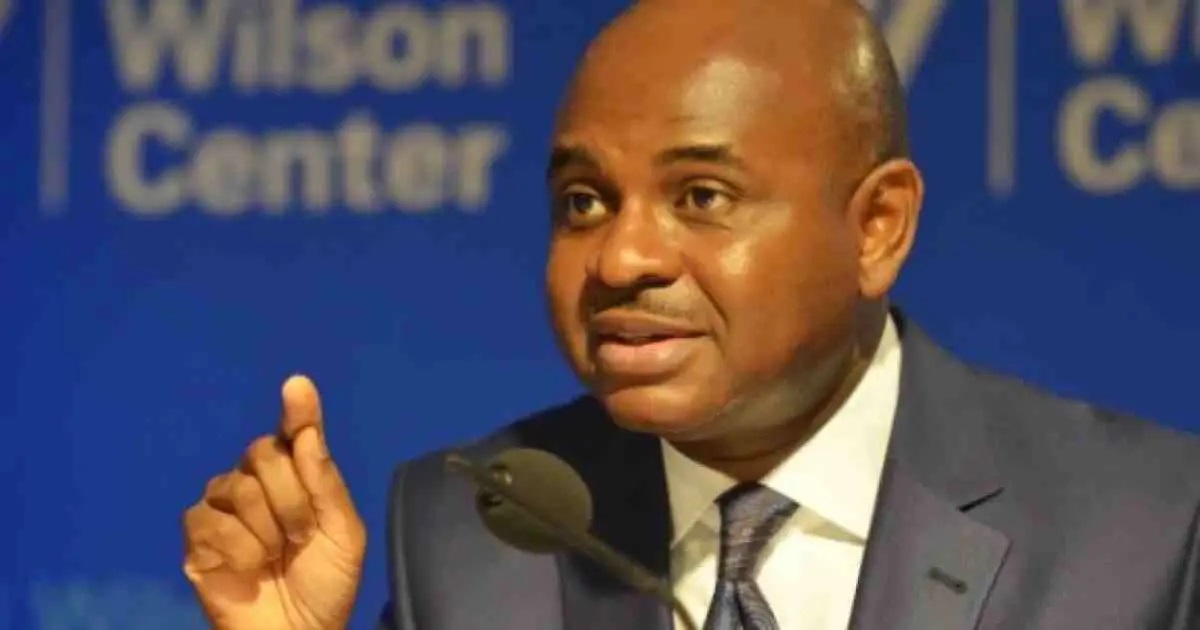In this article, ANOZIE EGOLE explores strategies for Nigerians to cut costs and navigate through tough economic times.
The ongoing economic crisis in the country has pushed many to their breaking points, making it exceedingly difficult for them to manage. The rising inflation has drastically eroded the purchasing power of numerous Nigerians, and inadequate financial management has worsened the situation for many.
These issues have resulted in diminished disposable income, making it nearly impossible for many to meet their basic needs and forcing them to rely on daily hustles to provide for their families.
A 2022 report by the National Bureau of Statistics revealed that 63 percent of Nigerians, equivalent to 133 million people, were experiencing multidimensional poverty.
According to the NBS, the national marginal propensity to invest is 0.257, indicating that poor Nigerians face just over a quarter of all possible deprivations.
“Poverty levels vary significantly across states, with multidimensional poverty ranging from 27 percent in Ondo to 91 percent in Sokoto. Over half of Nigeria’s population is multidimensionally poor and relies on dung, wood, or charcoal for cooking instead of cleaner energy. High levels of deprivation are also evident nationwide in sanitation, access to healthcare, food security, and housing,” the NBS reported.
Ignatius Chibuike, a trader at Lagos’s famous Ikotun Market, believes that unless Nigerians focus more on saving and reduce reckless spending, the high poverty levels will persist.
“A significant number of us in this country lack a saving culture. We tend to believe that whatever we earn must be spent entirely before we can hustle for more. Until we shift this mentality and prioritize saving, poverty will remain prevalent in the country,” he stated.
However, there are several ways to reduce expenses and save money during these challenging economic times:
**Eat out less**
For those working in a bustling city, the options for dining out are plentiful. It’s easy to grab a quick meal at the nearest fast food joint when hungry. However, while convenient, eating out can negatively impact your finances. On average, a meal at a fast food restaurant can cost around N2,000 per plate. If you eat out 15 times a month, you’re spending approximately N30,000. Have you thought about bringing homemade meals to work? Have you considered exploring alternatives instead of settling for what’s readily available? This could save you up to ₦30,000 monthly or ₦360,000 annually.
**Consolidate your entertainment**
Do you subscribe to satellite television, Netflix, internet services, and Iroko TV, and still go out to watch movies? How often do you actually use all these services? Most of the day, you’re at work. You can save money by consolidating your entertainment sources. Nowadays, a good internet connection is sufficient for accessing movies, games, or news. Why pay for multiple services?
**Don’t try to impress**
Many people try to impress others by creating a false image of themselves. As Tyler Durden said, “We buy things we don’t need with money we don’t have to impress people who probably don’t care.” For instance, why purchase a N5m car when a N2.5m car would suffice? Why spend money on things that strain your finances just because you can? Wealthy individuals live well below their means, so why shouldn’t you? Living within your means helps you manage expenses and save more, ultimately leading to financial freedom.
Avoid spending money you haven’t earned
Often, we base our spending on future expectations, such as an upcoming salary, a windfall, promised money from a friend, or profit from a side gig. This leads us to spend more than we should, anticipating that more money will arrive soon. When these expectations fall through, we not only overspend our current cash but also end up buying wants instead of focusing on needs.
Reconsider your clubbing habits
TGIF (Thank God it’s Friday) is a popular time to unwind with friends, often at clubs. While clubbing can be a great way to relax, spending your hard-earned money on overpriced drinks and food is not wise. Items bought in clubs can cost over 400 percent more. If you’re sharing the bill with friends, it might be reasonable, but if you’re driven by the desire to impress, it’s a red flag.
Avoid Keeping Large Amounts of Cash in the Bank
While banks are safe places to store money, high inflation and low interest rates on savings mean that your money doesn’t work as hard for you when kept in the bank. Consider transferring your funds into high-interest savings accounts where your money can grow more effectively. Alternatively, think about investing in a small business. Remember, idle cash does not generate income, just like idle hands.
Automate Your Savings
As humans, we often succumb to the temptation of buying “wants” when we have easy access to our money through ATM cards, USSD payment channels, or bank mobile apps. We frequently face unavoidable spending decisions.
A great way to overcome this temptation is to set up automated savings. Platforms like Cowrywise allow you to automatically save a set amount on a specified date. It’s a free, user-friendly, tech-driven platform that enables you to save automatically while earning a return that is 2.5 times higher than the average bank savings account. Give it a try!








